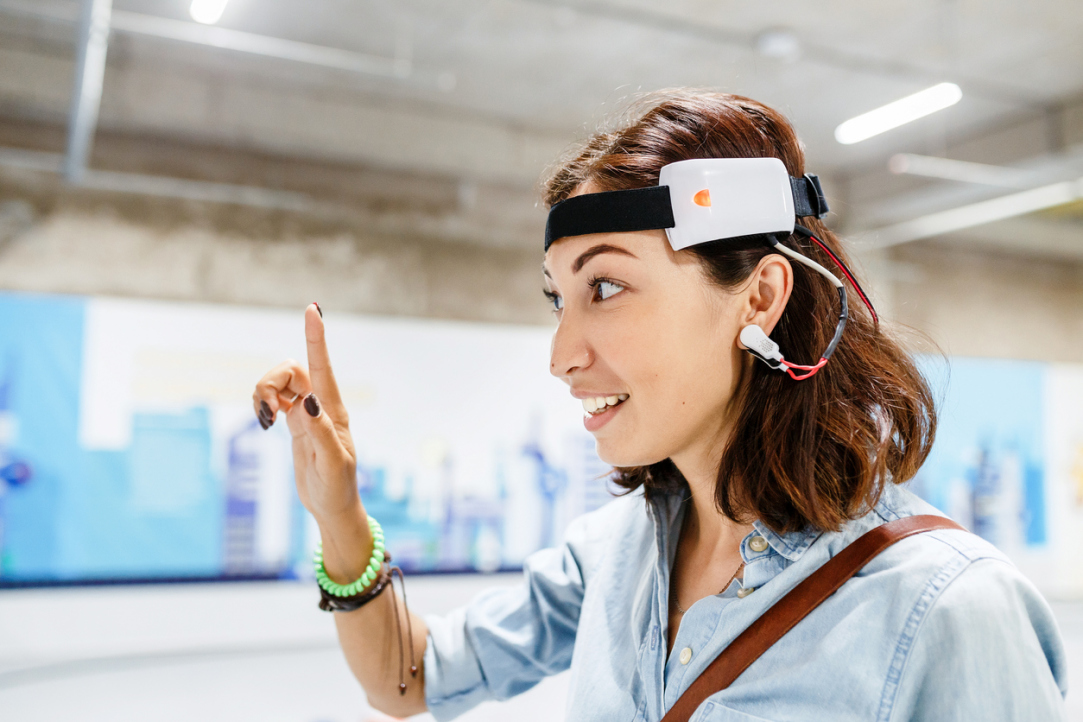
Unconscious Perception of Sounds: We Hear Differences Even without Listening
Neurobiologists from HSE University and the RAS Institute of Higher Nervous Activity and Neurophysiology proved that the human brain unconsciously distinguishes between even very similar sound signals during passive listening. The study was published in Neuropsychologia.
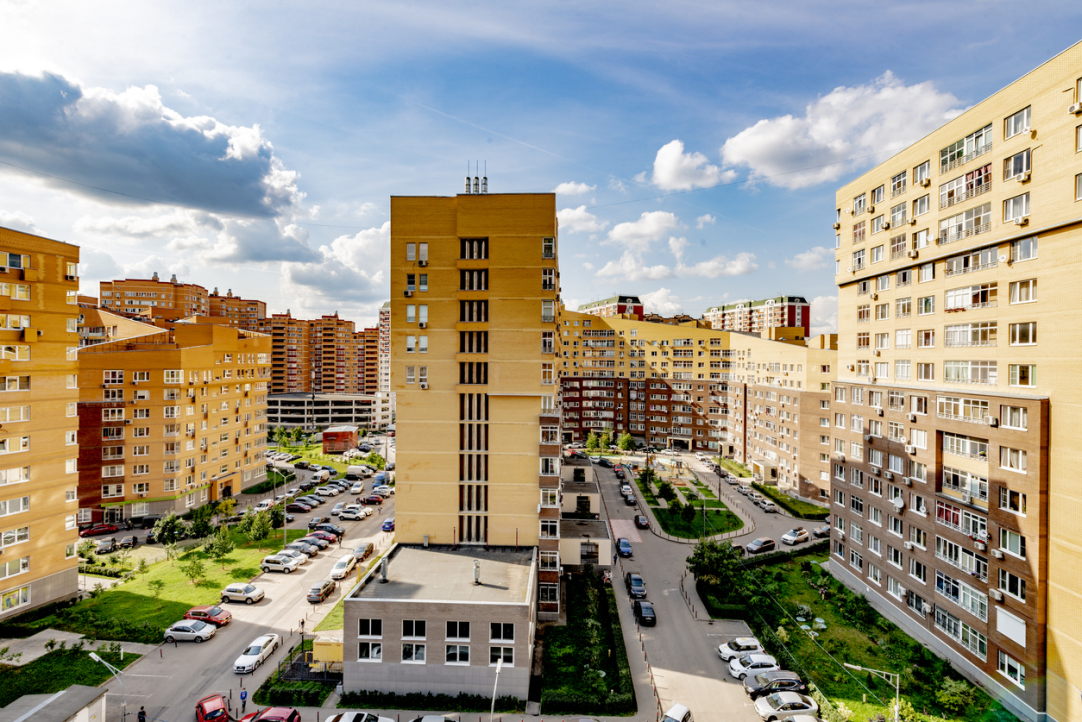
Two Worlds of Residents: Car Owners Look at Shared Urban Courtyards Differently from Pedestrians
Researchers from HSE University and St. Petersburg State University of Architecture and Civil Engineering (SPSUACE) used eye tracking to study how residents who own cars and those who don’t look at the shared courtyards of multistorey apartment buildings. The study was published in Urban Forestry & Urban Greening.

Brain Stimulation May Facilitate Rehabilitation of Children with Arthrogryposis
HSE academics joined researchers from the Turner Scientific Research Institute for Children's Orthopaedics to study how the brains of children with arthrogryposis control elbow flexion after muscle transplantation. They found that in such patients, more motor neuron activity occurs, which means that the start of a new movement requires more effort from the brain. The paper ‘Feasibility and Challenges of Performing Magnetoencephalography Experiments in Children with Arthrogryposis Multiplex Congenita’ was published in Frontiers in Pediatrics.
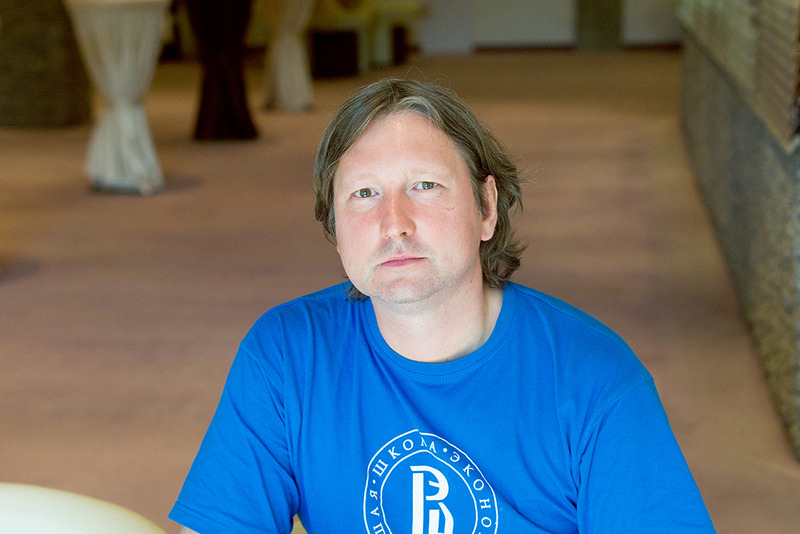
International Laboratory of Social Neurobiology to Look at How Fake News Affects Human Behaviour
The mega-grant allocated by the Russian government to the International Laboratory of Social Neurobiology, has been extended for 2022-23. The laboratory was founded two years ago and is headed by Iiro Jaaskelainen, a leading neurobiologist from Finland. Laboratory Head Vasily Klucharev spoke to the HSE News Service about the results the lab has already achieved and the prospects for the next two years.
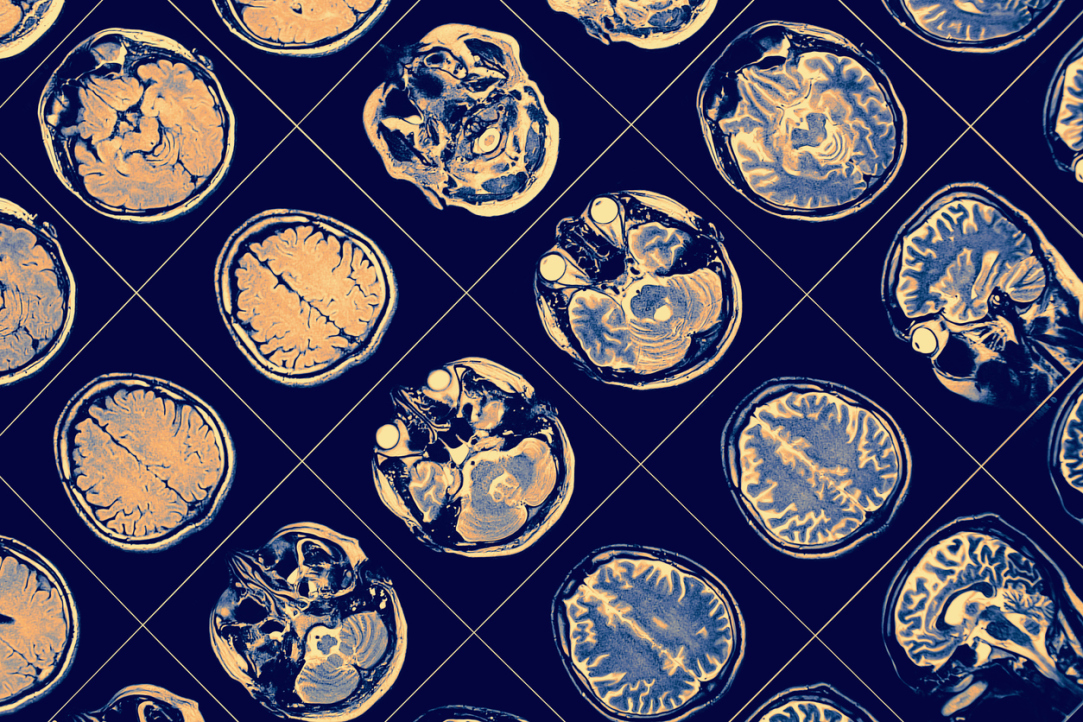
Cortex Suppression Resolves Motivation Conflict in Favour of Prosociality
HSE University researchers have found that if cortical excitability is suppressed, the conflict between self-interest and prosocial motivations is resolved in favour of the latter—but only in cases when this conflict is really present.
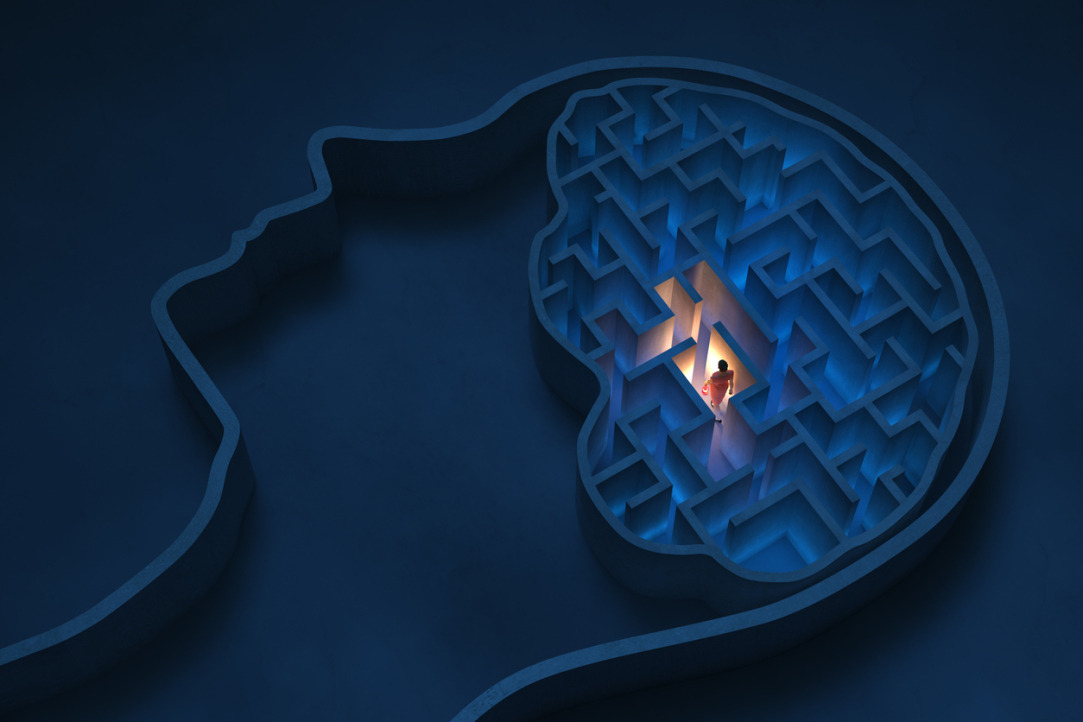
‘The Human Brain Has Always Fascinated Me’
Alexios Kouzalis, from Cyprus, is a first-year PhD student at the HSE University School of Psychology. We talked with Alexis about his reasons for coming to HSE Moscow, his achievements and his observations on life in the Russian capital.
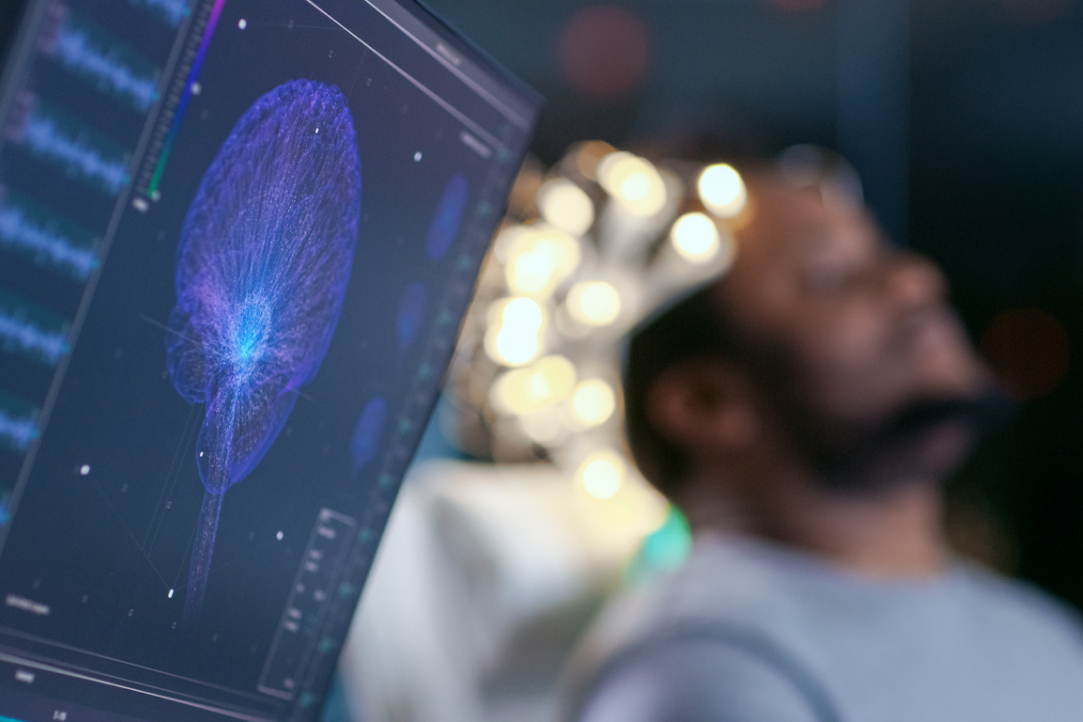
Staff of HSE Centre for Language and Brain Studies Take Part in Unique Brain Surgery
A unique awake brain surgery has been carried out in Nizhny Novgorod with the participation of staff of the Centre for Language and Brain Studies. For the first time, neurolinguists in Nizhny Novgorod assisted in the removal of a brain tumour with mapping of a bilingual patient who is a native speaker of Tatar and Russian. The participants—Natalia Gronskaya, Director of the Centre for Language and Brain Studies, Alina Minnigulova, research assistant, and Lilia Mavlekhanova, invited expert and native speaker of Tatar—spoke about the specifics of the operation.
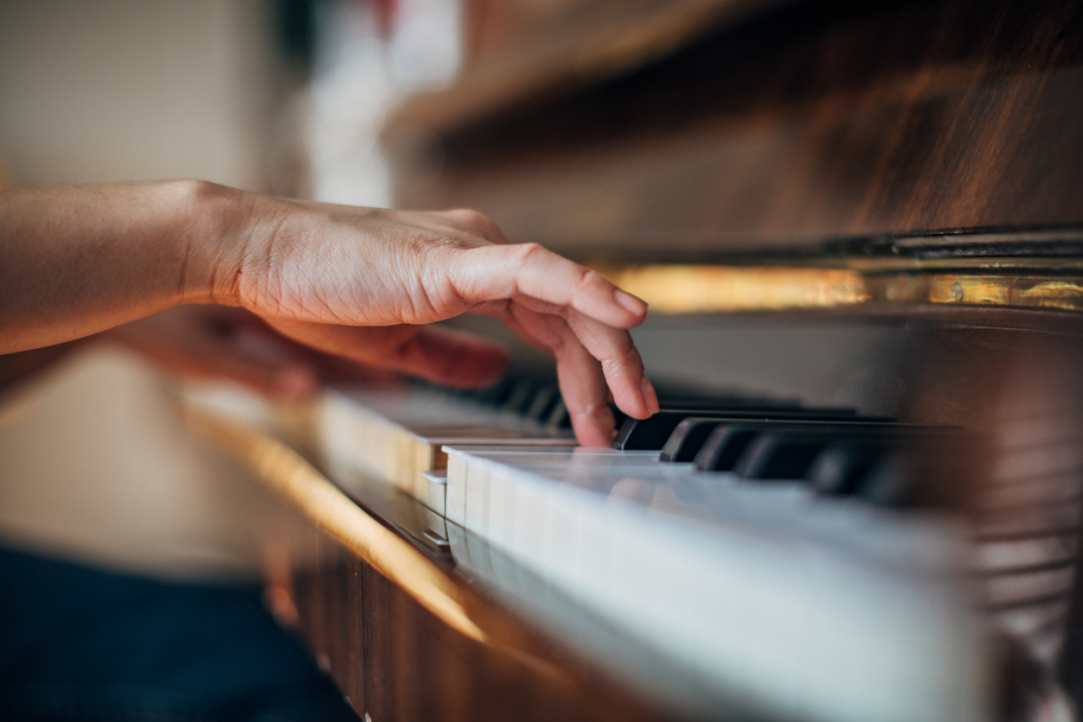
Two-handed Movements Require More Neural Effort As People Grow Older
A team of researchers from Max Planck Institute for Human Cognitive and Brain Sciences (Leipzig) has discovered that the age-related decline in bilateral anti-phase movement is linked to differences in alpha and beta neural activity. Among the researchers was Vadim Nikulin, Leading Research Fellow of the Centre for Cognition & Decision Making at HSE University.
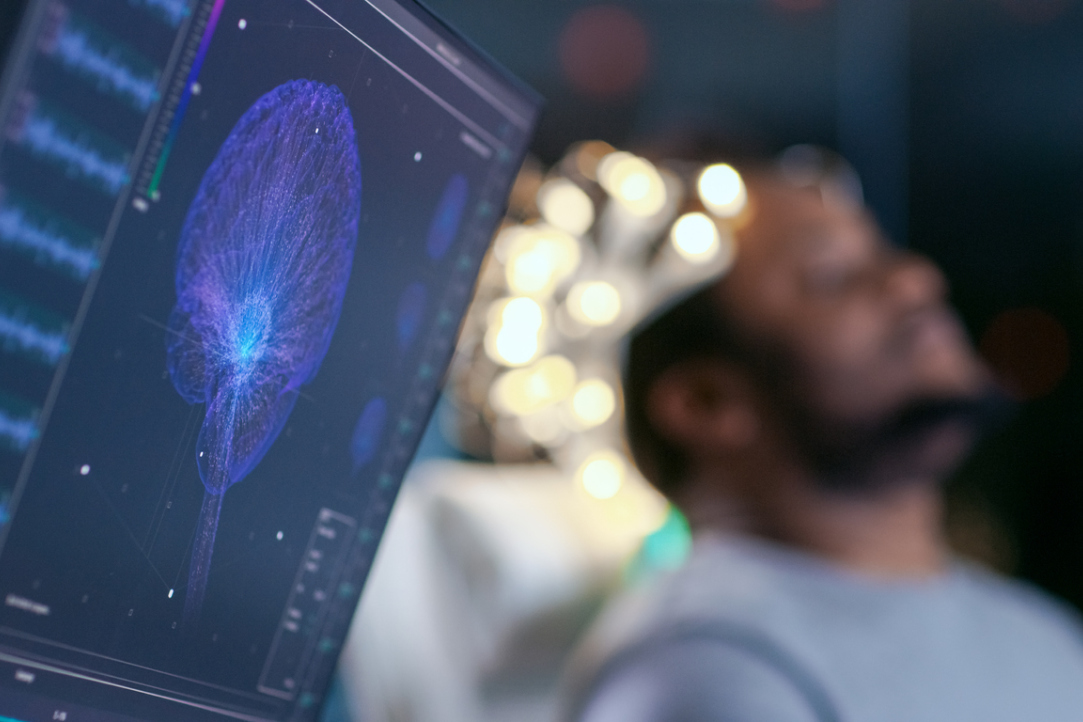
Towards Finding Practical Solutions to Socially Significant Healthcare Problems
The Centre for Language and Brain in Nizhny Novgorod started operations in September 2020. Today, it is comprised of a team of linguists - teachers and students - who are researching the relations between speech and parts of the brain. The Director of the Centre, Natalya E. Gronskaya, spoke to the HSE Look about how the neuro-linguistic laboratory appeared in Nizhny Novgorod, as well as current tasks and prospects the Centre can offer the students and the region.
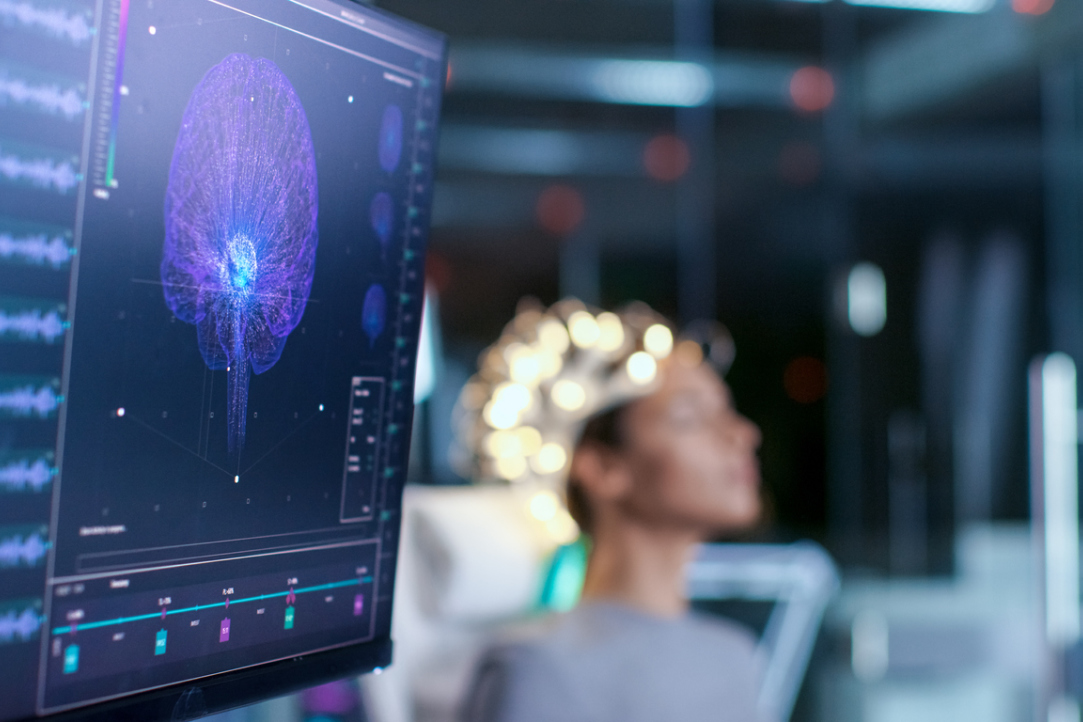
HSE University Center for Language and Brain Becomes World Leader in Just 10 Years
How can a small Russian research group become a world-famous scientific centre in less than a decade? A special edition of the Frontiers in Psychologyjournal devoted to increasing public awareness of neuroscience features an article about the HSE University Center for Language and Brain, including the successes and challenges of its early years.


Registration deadline - April 30